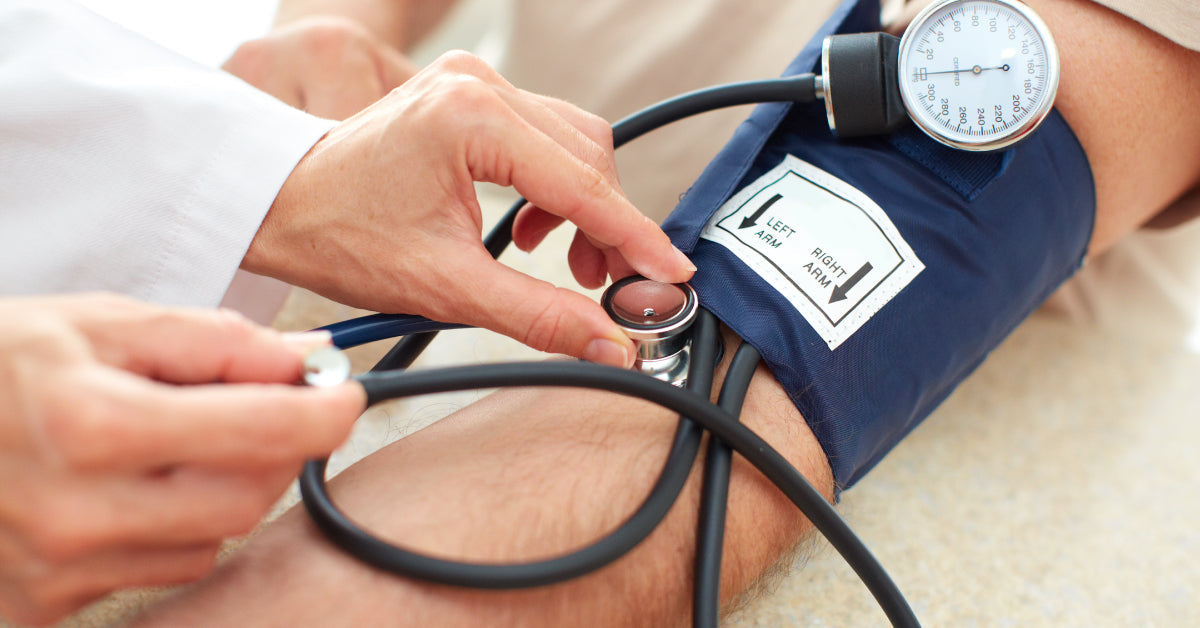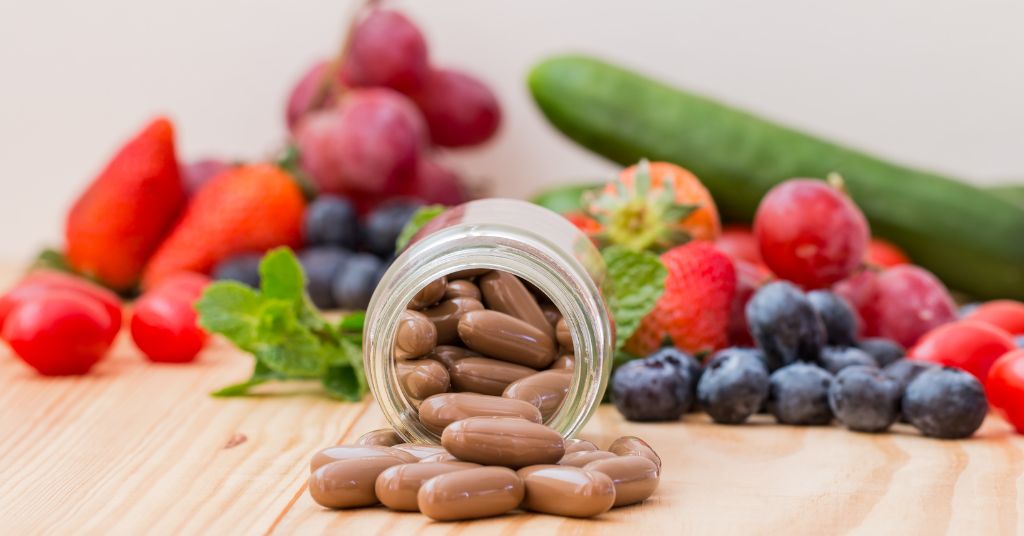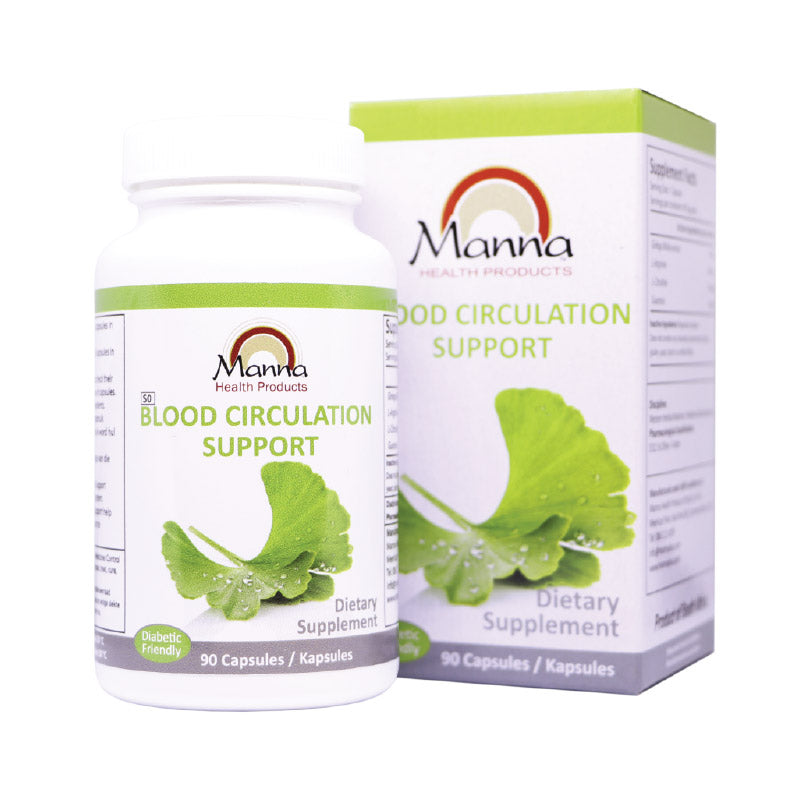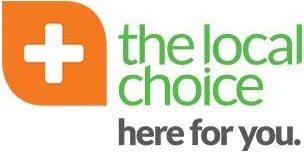
by Antoni Hubert van Beusekom
Manna Health Presents: Your Guide to Recognising and Preventing Strokes
A stroke can happen suddenly and change a life in a matter of moments. The good news is that most strokes can be prevented and treated successfully if help is called quickly. Knowing what to look for and how to respond could save a life, including your own. In South Africa, thousands of people are affected by stroke each year, and about 95 percent of them experience the first signs while at home or in their community. This is why public awareness is so important. The chain of survival starts with you. What Is a Stroke (and What Is a TIA)? A stroke happens when the blood flow to part of the brain is interrupted or when a blood vessel bursts. Without enough oxygen and nutrients, brain cells start to die within minutes. This is why every second counts. There are two main types of stroke: Ischemic stroke, which occurs when a blood clot blocks a vessel supplying the brain. Hemorrhagic stroke, which happens when a blood vessel ruptures and causes bleeding in or around the brain. Sometimes, a person may experience a TIA, or transient ischaemic attack, often called a “mini-stroke.” A TIA happens when the blood flow to the brain is briefly blocked. The symptoms are the same as a stroke, but they usually disappear within minutes. Even though a TIA might seem harmless, it is a serious warning sign. It indicates a much higher risk of a full stroke within the next few days, weeks, or months. If you or someone you know experiences a TIA, it is essential to get medical help immediately. Treat it as an emergency. Recognising a Stroke – Think FAST The easiest way to remember the signs of a stroke is with the word FAST. F – Face: Ask the person to smile. Is one side of the face drooping? A – Arm: Ask them to lift both arms. Does one arm drift down or feel weak? S – Speech: Ask them to repeat a simple sentence. Is their speech slurred or strange? T – Time: If you see any of these signs, get help immediately. Call 112 from a cellphone in South Africa or your local emergency number right away. Do not wait to see if symptoms go away. Every second counts. The sooner treatment starts, the better the chance of recovery. Other Stroke Symptoms Not every stroke looks the same. In addition to the FAST signs, be alert for the following: Numbness or weakness of the face, arm, or leg, especially on one side of the body Sudden confusion, trouble speaking, or difficulty understanding speech Sudden trouble seeing in one or both eyes Sudden trouble walking, dizziness, or loss of balance or coordination Sudden, severe headache with no known cause Even one of these symptoms is enough reason to call for emergency help. Why Acting Fast Matters Most strokes happen in the community, not in hospitals. That means friends, family, or bystanders are often the first people to notice something is wrong. Acting quickly can make all the difference. Recognising stroke symptoms and calling for help immediately starts the chain of survival. Quick action ensures that medical professionals can begin treatment faster, which helps limit brain damage and improve recovery. You do not need to be a doctor to save a life. You just need to know what to look for and respond fast. What Increases the Risk of Stroke? While a stroke can happen to anyone, some factors increase the risk: High blood pressure High cholesterol Diabetes or insulin resistance Smoking Poor circulation Lack of physical activity Unhealthy diet Family history of stroke The good news is that many of these risk factors can be managed through lifestyle changes and natural support. How to Reduce Your Risk Taking care of your circulation and overall health can significantly lower your risk of stroke. Here are some simple ways to start: Check your blood pressure regularly and keep it under control. Eat a balanced diet rich in fruits, vegetables, and fibre. Limit processed foods and reduce salt intake. Stay active with regular movement, even if it is just a daily walk. Manage stress and get enough rest. Avoid smoking and limit alcohol intake. Support your circulation naturally with supplements that promote healthy blood flow. Support Healthy Circulation Naturally Good circulation is essential for a healthy heart and brain. When blood flows freely, oxygen and nutrients can reach every part of your body. Manna Blood Circulation Support is specially formulated with natural ingredients that help improve blood flow, support blood vessel health, and maintain healthy oxygen delivery throughout the body. By helping to keep your circulation strong, you are also supporting your heart, brain, and overall wellbeing. Small changes can make a big difference. Combine a healthy lifestyle with the right natural support to help protect yourself and those you love. Shop Manna Blood Circulation Support today and take the next step toward better circulation and long-term health. Every Second Counts Recognising a stroke early and acting FAST can save a life. Learn the signs, share them with your family and friends, and take care of your circulation. Your quick thinking and healthy choices could make all the difference.




















